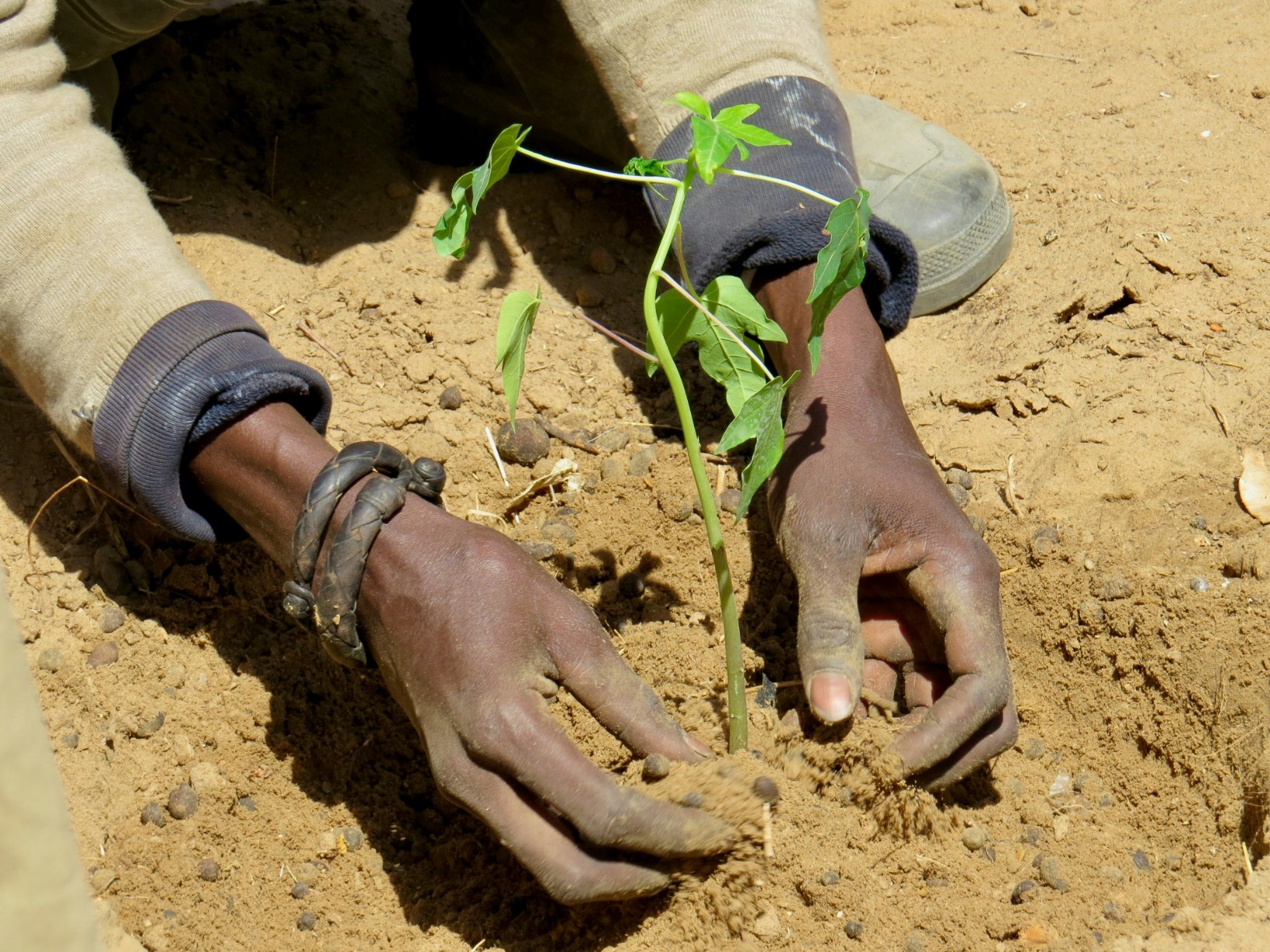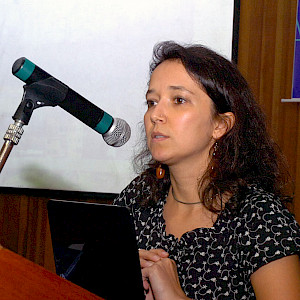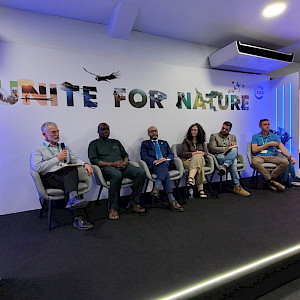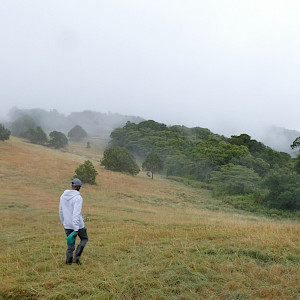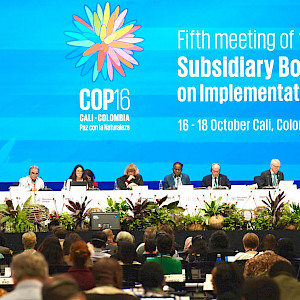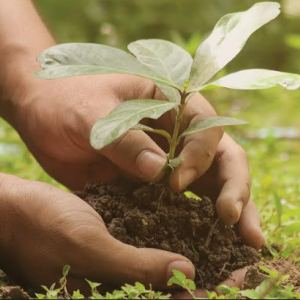The particularities of each region must be taken into account when discussing landscape restoration. In the fifth principle of FLR, 'Tailor to the local context using a variety of approaches,' we see how restoration strategies must be adapted to local conditions and needs, encompassing factors such as flora and fauna, cultures and communities, and social and economic aspects, to promote more effective and sustainable restoration. For this, it is necessary to highlight diverse approaches and use various methods and techniques that suit the specific realities of the region and its people
For example, when implementing restoration actions, we can consider environmental characteristics that vary from region to region—such as climatic conditions, soil type, and biodiversity. It is important to understand which species are native, for instance, and which should be introduced without causing negative impacts. This is just one example of how adapting reforestation actions to each region is crucial. Other examples include the choice of restoration methods—such as planting native trees or agroforestry management—and even the involvement of the local community, which can also be encouraged in various ways.
During the session 'Forest and Landscape Restoration: Strategically Advancing Target 2 Implementation with Monitoring and Resource Mobilization Across the Rio Conventions,' organized by the Global Partnership on Forest and Landscape Restoration at COP16 in Cali, Colombia, on Sunday, October 27th, chair Anita Diederichsen discussed the importance of the FLR principles. 'We don’t work in isolated areas when it comes to restoration. We consider the landscape as the best point for intervenience to ensure that we are changing land use in the appropriate way,' she said.
Furthermore, she emphasized the importance of considering local challenges. 'It is essential to consider the local context. Each landscape is unique, each country is different, and we face different problems and threats. Therefore, when working with FLR, it is crucial to understand the reality of the landscape we are addressing,' she added.
Principles
GPFLR identified six principles to promote global guidance on restoration:
1) Focus on landscapes
2) Engage stakeholders and support participatory governance
3) Restore multiple functions for multiple benefits
4) Maintain and enhance natural forest ecosystems within landscapes
5) Tailor to the local context
6) Manage adaptively for long-term resilience.
We asked partners how they see the principles and what their organizations are doing in this regard. In the coming weeks, leading up to COP 16, we will publish viewpoints of our GPFLR partners. Read the last article, about maintaining and enhancing natural ecosystems within landscapes is as important as restoration by clicking here.

